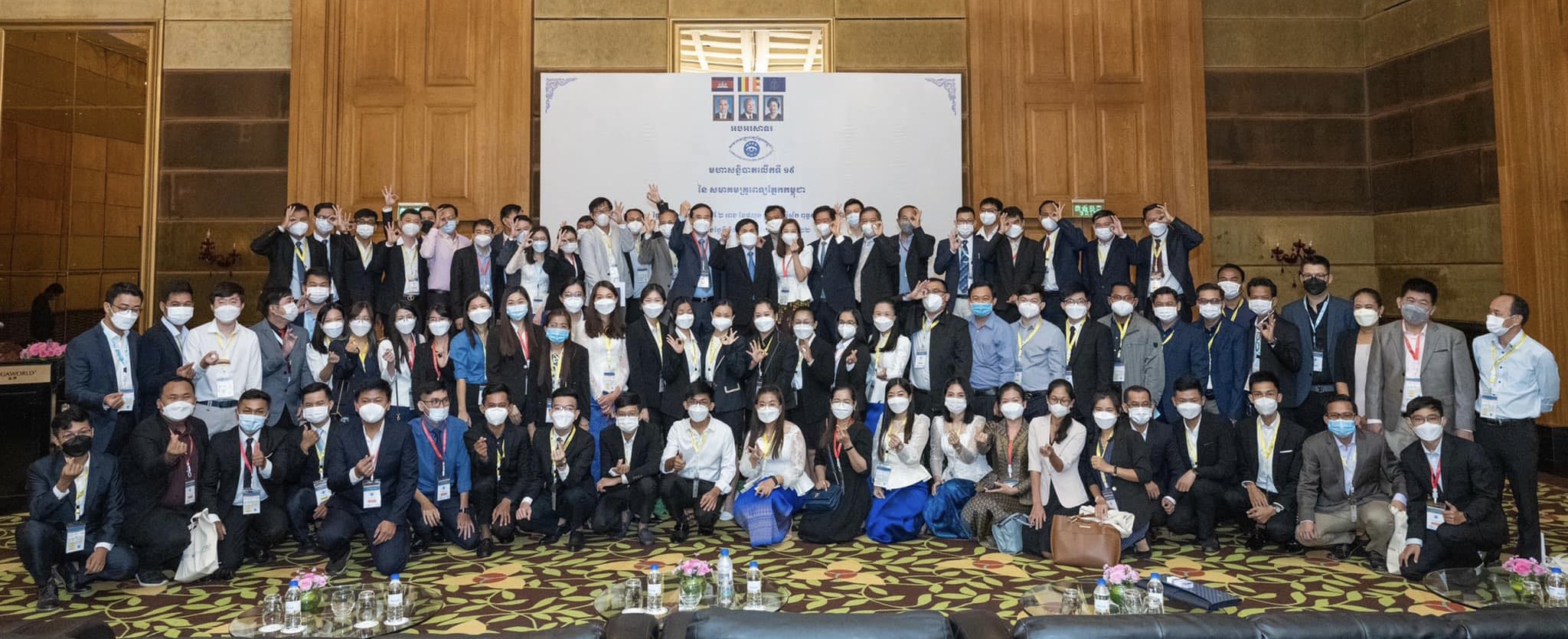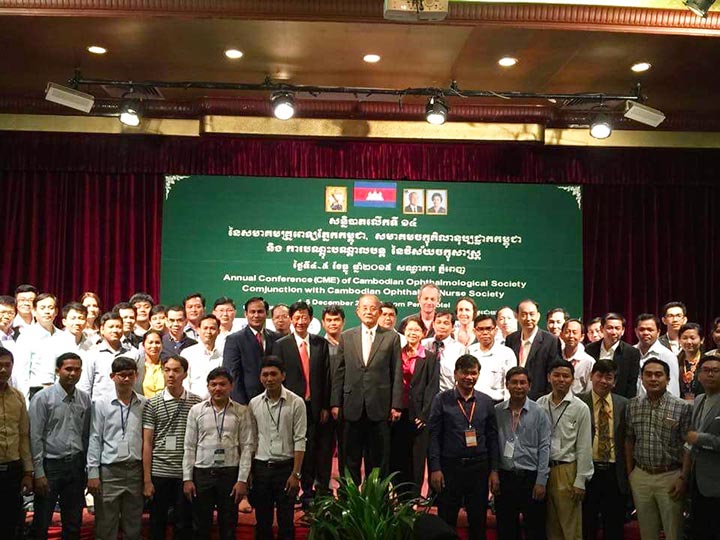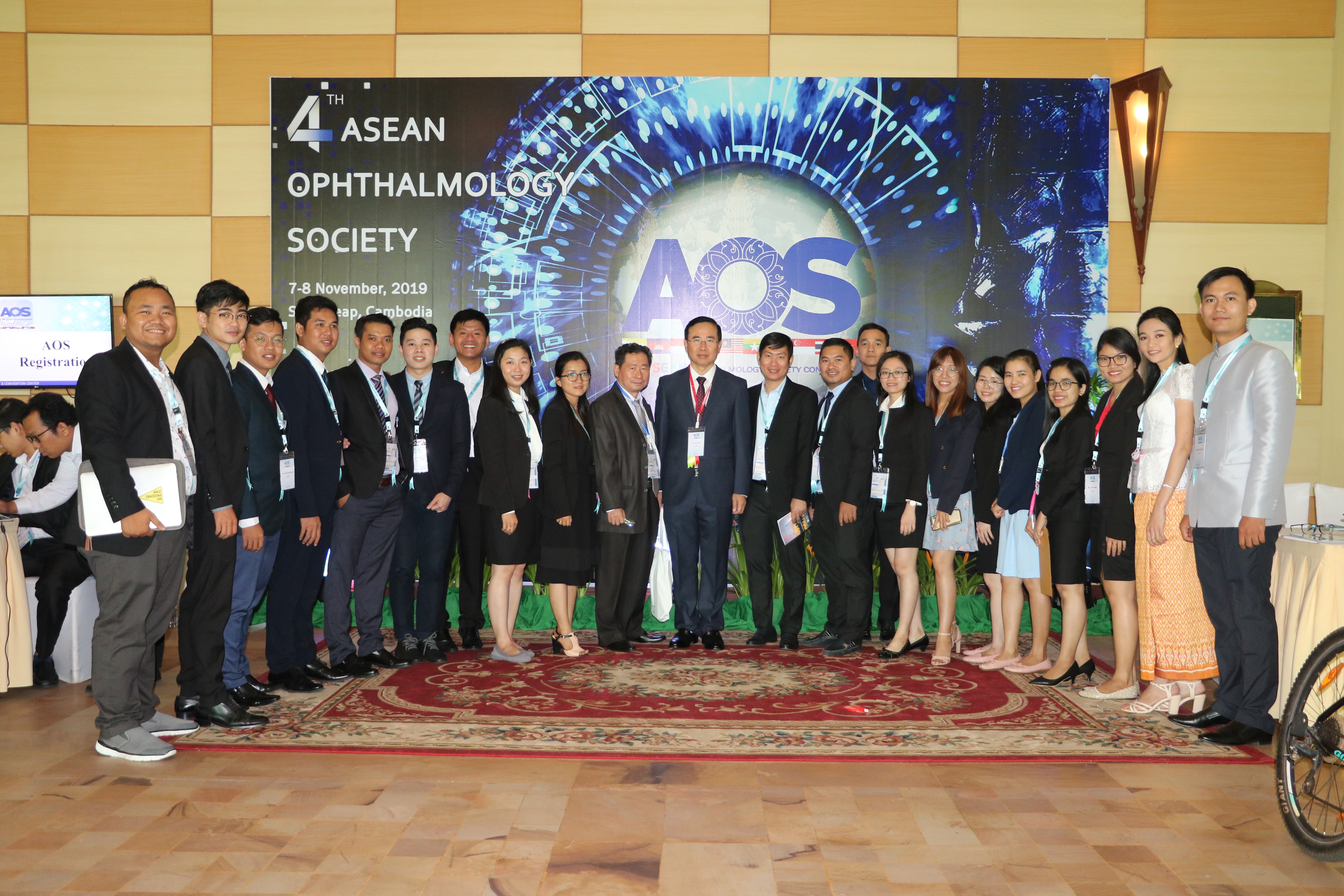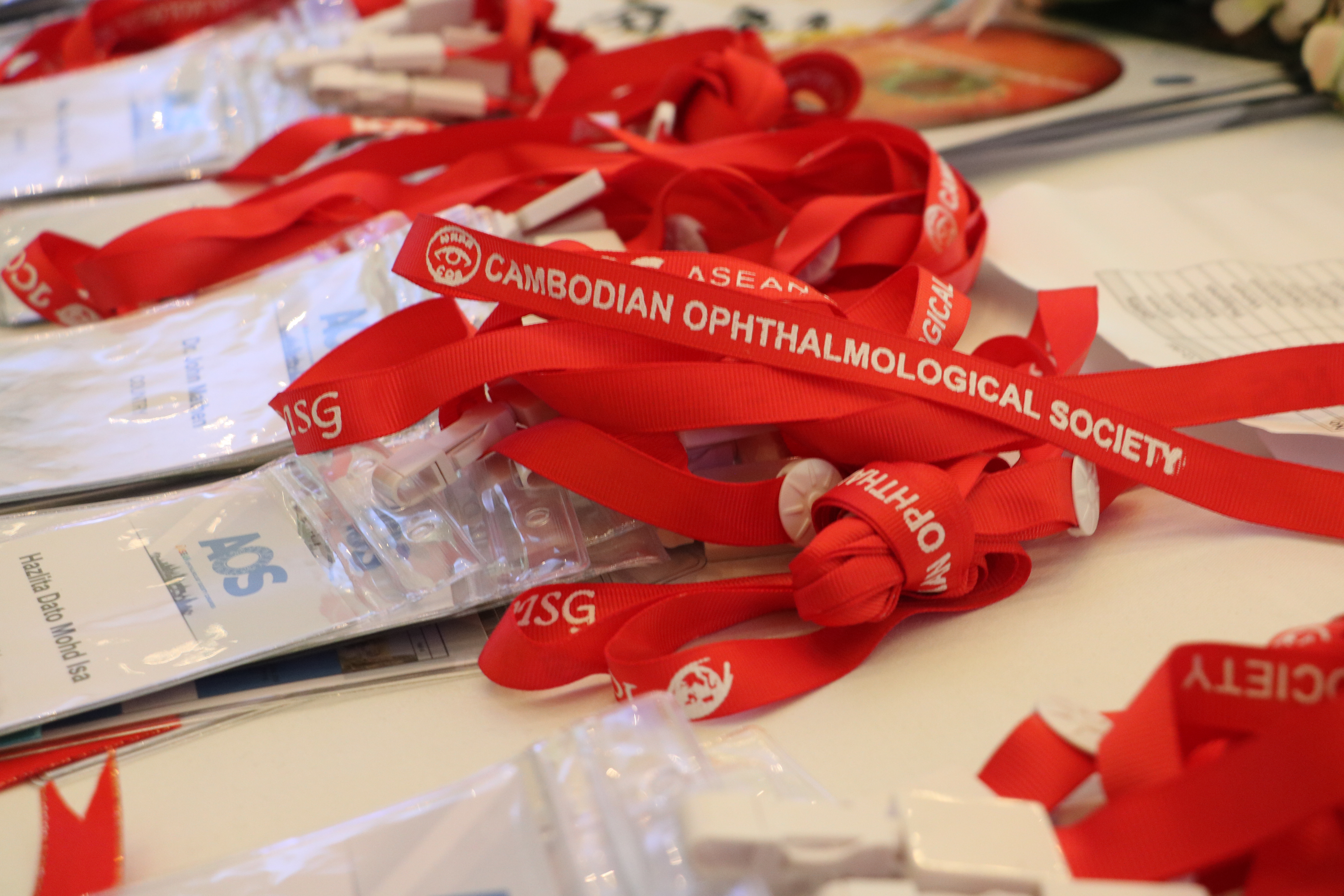CPD Background
- CONTINUING PROFESSIONAL DEVELOPMENT PROGRAM
COS has developed a Continuing Professional Development (CPD) program with the Royal Australian and New Zealand College of Ophthalmologists (RANZCO) to allow members to record their professional activities. The COS CPD program runs on an annual cycle and members record their activities as points in a CPD Diary. Continuing Professional Development includes clinical expertise as well as non-clinical skills that Ophthalmologists need such as risk management, clinical governance and professional values. This continuous cycle of learning enables an Ophthalmologist to constantly improve as a practicing professional.
What are Continuing Medical Education (CME) and Continuing Professional Development (CPD)?
Continuing Medical Education refers to the ongoing maintenance and development of knowledge, skills and attitudes related to clinical expertise.
Continuing Professional Development includes clinical expertise as well as non-clinical skills that Ophthalmologists need such as risk management, clinical governance and professional values. This continuous cycle of learning enables an Ophthalmologist to constantly improve as a practicing professional.
CPD activities can be passive or active.
- Passive learning involves activities that provide the participant with information to improve their practice such as lectures, conferences and journal reading.
- Active learning involves activities that place a higher demand on the participant and ensure that the participant can apply the concepts they learn to their practice. Examples of active learning include participating in a clinical audit, participative workshops and patient satisfaction surveys.
- Active learning is more effective than passive learning.
CPD is important because:
- It formalises learning processes that take place in daily practice.
- It benefits patients, the community, the individual ophthalmologist and the profession as a whole by enabling ophthalmologists to keep up-to-date with medical and surgical developments.
- The Cambodian Ministry of Health intends to set standards for CME – development of a CPD program by the Cambodian Ophthalmological Society (COS) shows leadership in this area.
CPD Programs
The COS CPD cycle runs from January to December each year. All COS Members participating in the CPD program record the CPD activities they have undertaken into their online CPD Diary via the COS website.
At the end of each CPD Program cycle, CPD Compliant COS Members will receive a Certificate of Continuing Professional Development.
How Many Points are Required?
COS requires its members to record 50 CPD points per year. This is based on completing approximately 1 hour of CPD activities per week.
At this stage, the CPD program is a voluntary program. The COS members should aim to achieve 50 points per year, however there will be no penalty if this cannot be achieved. The Medical Council of Cambodia (MCC) expects ophthalmologists to achieve a minimum of 25 points per year.
The COS CPD program recognises that active learning is more effective than passive learning. For this reason, more points have been allocated to activities that involve active learning.
What is the Structure of the CPD Program?
The CPD program has two categories:
- Clinical Skills
- Non-Clinical Skills
What Activities does COS Recommend?
COS recommends that members complete a Personal Learning Plan (see Appendix 1) at the start of each CPD year to plan activities appropriate to their needs. This plan should be reviewed regularly throughout the year to ensure that the stated learning needs are met.
COS recommends that members complete a Personal Learning Plan (see Appendix 1) at the start of each CPD year to plan activities appropriate to their needs. This plan should be reviewed regularly throughout the year to ensure that the stated learning needs are met.
The activities marked with # are core activities and should be completed every year.
-
CPD Diary
Category 1 – Clinical Skills
| Activity | Point Allocation |
|---|---|
| * # Self-review of own complicated and/or difficult surgical case and reflecting on process and outcomes (written report). | 2pt/1 case |
| * # Presenting an interesting case to other doctors and seeking advice/discussion. | 2pt/1 case |
| * # Participating in case discussion regarding other doctors’ case (see above activity). | 1pt/case |
| # Attending COS CME workshops | 6pt/full day |
| Attending other clinical meetings, conferences, courses or workshops. (Ophthalmology session). | 2pt/full day |
| # Reading scientific journals. | 1pt/article |
| * Reading scientific journal articles and reflecting on how to apply to own practice (written report). | 2pt/article |
| Other workshops: WOC, APAO... | 6pt/full day |
Category 2 – Non-Clinical Skills
| Activity | Point Allocation |
|---|---|
| * Lecturing at COS CME meeting or international meeting. | 5pt/presentation |
| * Poster presentation at COS CME meeting or international meeting. | 5pt/poster |
| * Any teaching and/or training activities e.g. resident ophthalmologists, medical students, basic eye doctors eye doctors, ophthalmic nurses, basic eye nurses, optometric technicians, school teachers, community. | 1pt/topic |
| * Presenting at other meetings, conferences, courses or workshops. | 3pt/presentation |
| Preparing annual Personal Learning Plan (PLP). | 2pt/year |
December 8, 2023











